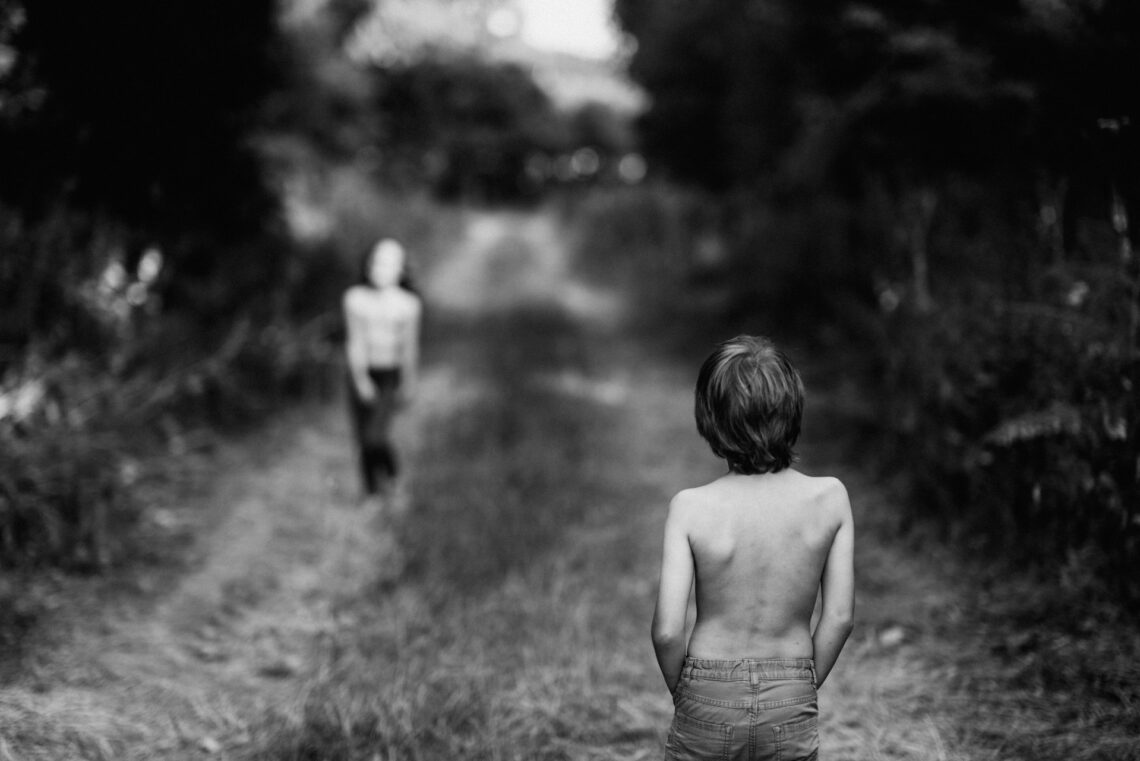Sibling sexual abuse can be a hidden and overlooked issue. It challenges commonly held conceptions about children and families and can leave a lasting impact.
Adults must recognize the issue and learn to respond appropriately. This includes teaching children respect for each other and their bodies. It also means that siblings who harm each other must be treated as seriously as those who harm strangers.
What is Sibling Sexual Abuse?
Sibling sexual abuse (SSA) is a form of intrafamilial sexual violence that is often overlooked or misunderstood. It can involve either sexual play or more severe forms of abuse that include manipulation, coercion, and force. Children who commit SSA are often desensitized to violence, see it as a way of getting what they want, or have built up aggression from experiencing sexual assault themselves.
Abuse between siblings is incredibly complex because there is no clear line separating what is appropriate from what is inappropriate. Parents need to educate their children on healthy relationships and the need for mutual consent. Adults should also be mindful of their expectations for their children’s behavior.
Identifying the Signs of Sibling Sexual Abuse
Sibling sexual abuse can be challenging to recognize. It can look like adolescent curiosity or sexual behaviors expected of adolescents, such as kissing or foreplay. It can also appear as one sibling using power over another to manipulate or exploit their vulnerability.
Social workers must be aware of the potential for sibling abuse and have a thorough understanding of how to identify it, as well as how to promote disclosure of sibling sexual abuse within a service setting. This will involve a comprehensive assessment process beyond the typical question-and-answer approach.
Survivors and offenders of sibling sexual abuse report long-lasting effects on their mental health. These effects can include a lack of trust in relationships, shame, self-blame, and disbelief. They can also affect family dynamics and lead to problems with school, work, and even the relationship with their parents. In adulthood, survivors and offenders of sibling sexual abuse are at higher risk of substance abuse, relationship difficulties, posttraumatic stress disorder, depression, anxiety disorders, and suicidal ideation.
Identifying the Perpetrator of Sibling Sexual Abuse
Often, abuse between siblings goes unnoticed by parents and others. It is far less likely to be reported than abuse by other adults, and it is sometimes viewed as ‘play’ or even normal curiosity by those who do not know the dynamics of sibling sexual abuse.
When abuse between siblings is discovered, it can be difficult for professionals to distinguish between a victim and a perpetrator. This is because a child may use the abuse to exert power and control over their younger sibling. They may also encourage their sibling to perform sexually harmful activities with them.
Children whose siblings abuse often experience significant trauma that impacts the rest of their lives. The abuse disrupts developmental stages and can cause a variety of symptoms, including posttraumatic stress disorder (PTSD), a distorted sense of self, confusion about sexuality, anger, aggression, eating disorders, self-injury, somatic complaints, and suicidal thoughts. It is essential that the abused child is believed and supported and that the offending child is held accountable for their actions.
Identifying the Effects of Sibling Sexual Abuse
Most cases of sibling sexual abuse go undetected by adults, making it difficult to assess the severity of the abuse. It is also challenging to determine an appropriate response. It is easy to overreact or underreact, and the impact of either can be devastating.
When siblings do disclose, they are often met with denial and disbelief from parents or professionals, causing the abuse to continue.
Children who are victims of sibling sexual abuse need exceptional support in order to process the trauma, understand its impact on their lives, and prevent it from occurring again. It is critical to address the issue societally, institutionally, and intrafamilially. Educating the public and professionals on this issue is an essential first step. For survivors, knowing that they are not alone and that their experiences are valid can be helpful as well.






